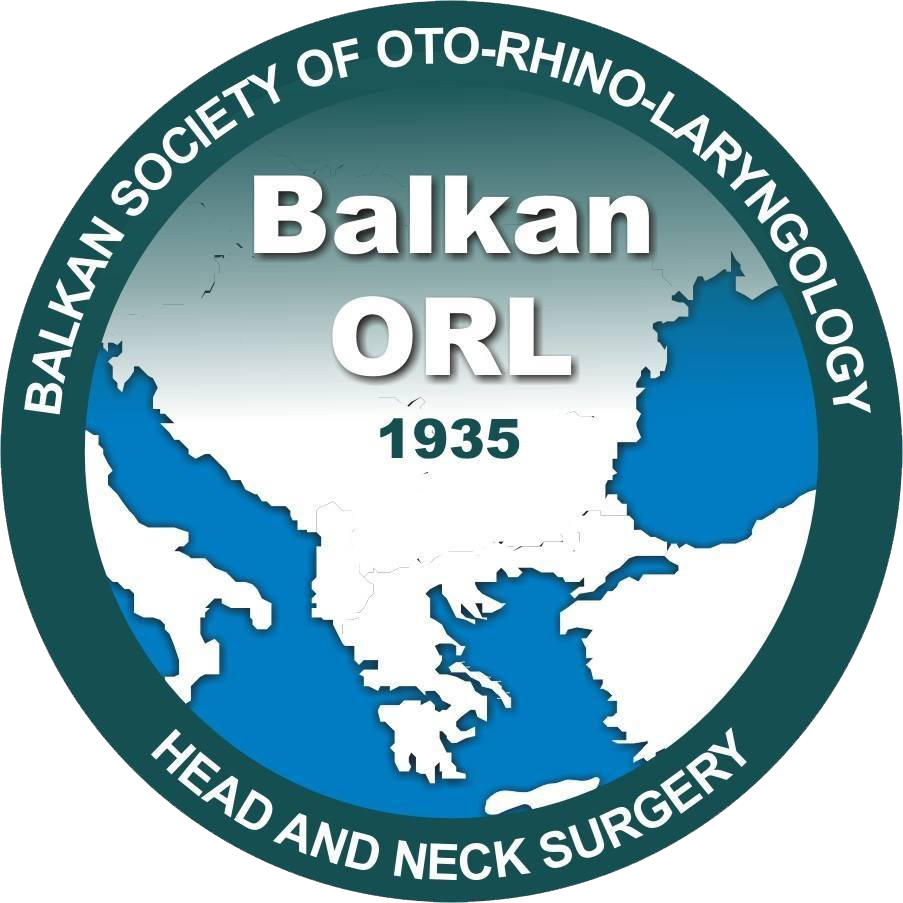Background: Total insomnia is defined as a 24-hour period of insomnia in which the individual is completely sleepless during the night after a normal sleep cycle. The aim of our study was to evaluate the effect of total insomnia on the audiovestibular system.
Methods: The study included 33 individuals aged between 18 and 25 years. Auditory brainstem responses (ABR) and cervical-vestibular evoked myogenic potential (c-VEMP) tests were performed at 2 different times: at a time when daily sleep patterns were not disturbed and at a time after total insomnia.
Results: ABR I-III-V peak amplitudes increased and latencies shortened with total sleep deprivation. When the latency values of P1 and N1 peaks in the cVEMP test were compared, it was observed that latency values were prolonged and amplitude values were shortened for both ears.
Conclusion: Our study reveals the necessity of addressing the hearing and balance systems together in the efferent system.
Cite this article as: Bulut E, Hançer Arslan G, Arslan M, et al. Effects of total insomnia on the audiovestibular system: Evoked potentials. Balkan ORL-HNS 2024;1(3):82-87.


